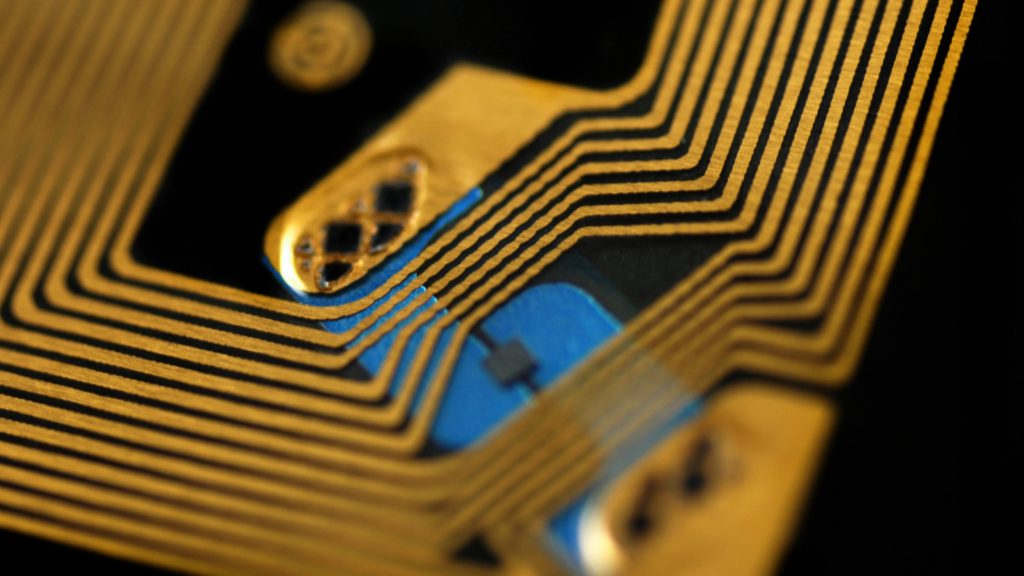-
Mayo Clinic Laboratories uses enhanced technology to safeguard patient specimens

To improve specimen safety and tracking, Mayo Clinic Laboratories is using an enhanced form of radio-frequency identification, or RFID, tracking for patient samples from collection point to lab.
Every patient sample collected for lab testing holds information hidden inside waiting to be revealed. A test may show that all is well, or it could expose a diagnosis that requires immediate care. It may uncover the reason for mysterious symptoms, or point to the need for another course of treatment. In many cases, laboratory test results open the door to the next step in a patient's care journey.
In order to unlock that information, though, each specimen must be carefully shepherded from the location where it is obtained to the lab bench. It's a process that's closely regulated and monitored, and lost, misplaced, or mislabeled specimens are rare. But it does happen. And when it does, obtaining a replacement sample may be difficult or impossible, as well as emotionally taxing for all involved.
In an effort to further reduce the risk of missing specimens, Mayo Clinic has implemented an enhanced form of radio-frequency identification (RFID) to track patient samples. In collaboration with key clinical partners, Mayo Clinic's Department of Laboratory Medicine and Pathology upgraded its RFID technology in 2019 and published two peer-reviewed studies analyzing that implementation in 2020. The results showed improved specimen tracking and heightened protection of valuable — sometimes irreplaceable — patient samples as they wend their way from the point of collection to the lab.
A wealth of benefits
RFID technology involves affixing custom-printed labels to an item, and then using RFID readers located along the route that item travels to monitor its progress. This technology isn't new. It's used to track everything from online retail orders to pizza deliveries. To date, however, it hasn't been widely employed in health care settings.
"Many industries are far ahead of health care in use of this technology," says R. Ross Reichard, M.D., a Mayo Clinic pathologist and one of the leads on Mayo's RFID project. "Think about the specificity of tracking items shipped through delivery services. You can know where your package — and even your pizza — is located more accurately than many specimens that go from a clinical practice to a lab for testing."
High cost and technology limitations have played a role in health care's reluctance to embrace RFID. Mayo Clinic has been out in front in its use of RFID, though, implementing a pilot project in 2007 to track specimens en route from the Department of Gastroenterology to the Division of Anatomic Pathology. Analysis of that project found a 93% decrease in the number of mislabeled or unlabeled specimens, from a baseline of 765 to 47 within the first three months of transitioning from manual tracking to RFID.
Read the rest of the article on Mayo Clinic Laboratories Insight.







